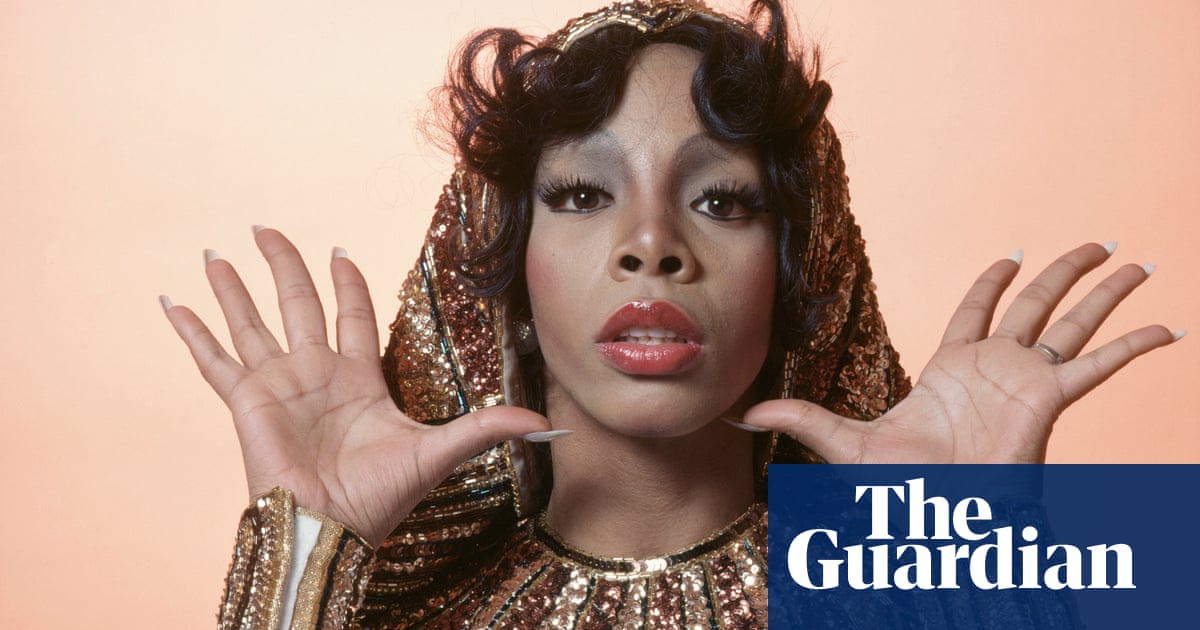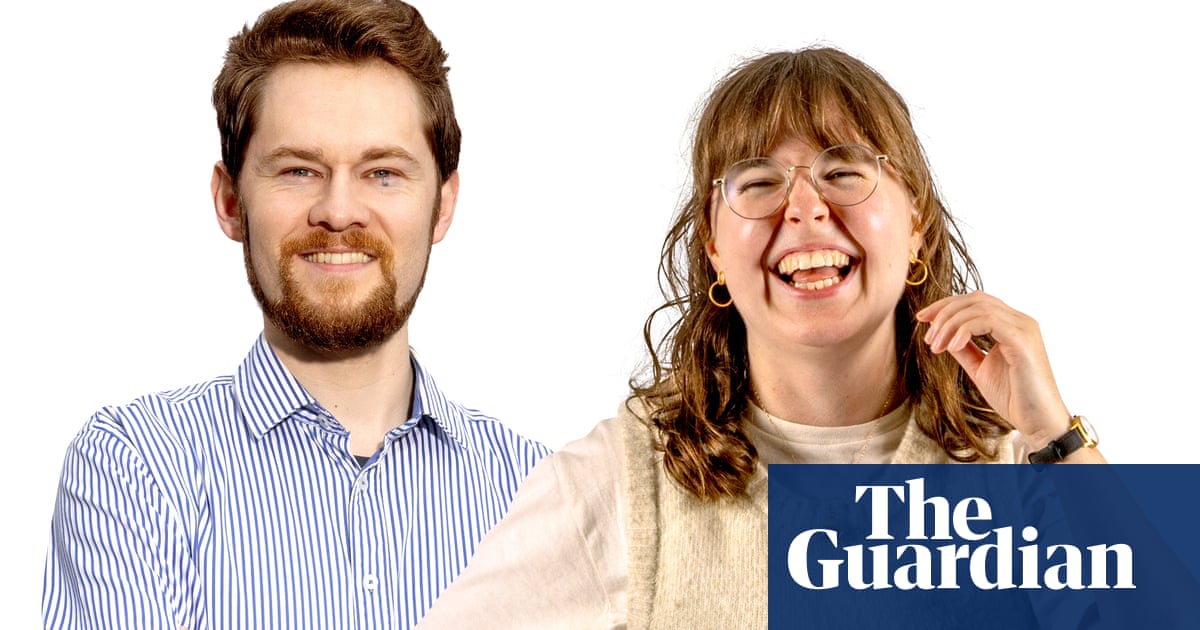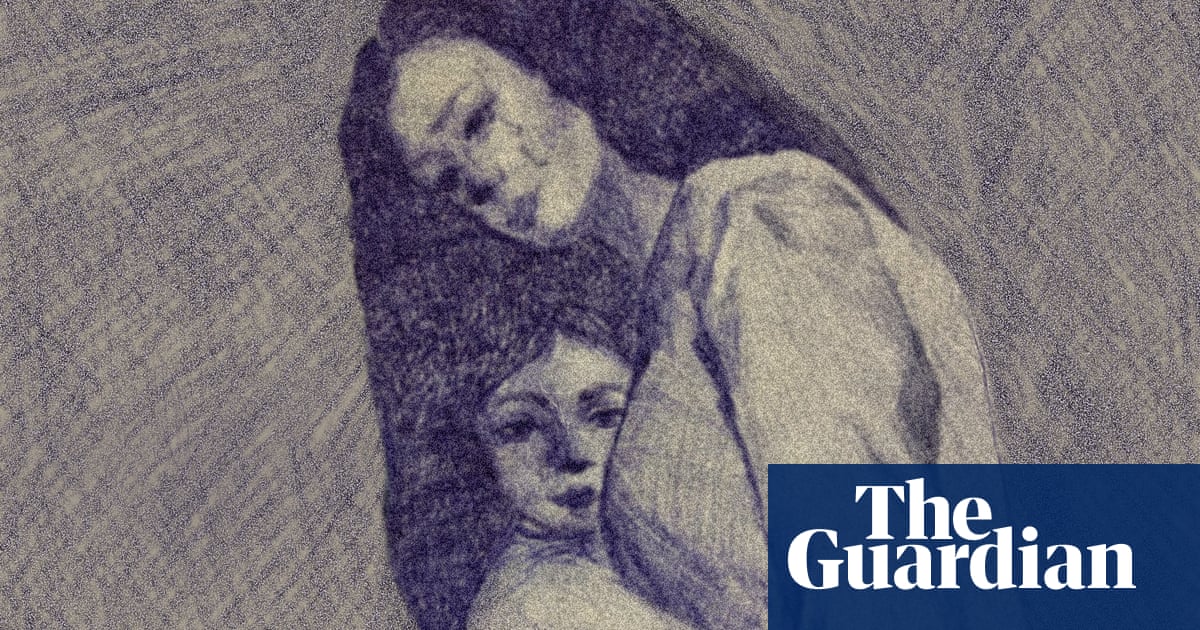
People always tell me I was brave to apply to medical school in my 30s. But for me, the bravest thing was to walk away from being a doctor 10 years later.
I’d always wanted to study medicine but, believing I wasn’t bright enough, I left school at 15 and didn’t return to education until my 30s. Despite discovering the self-belief I’d lacked as a teenager, the going was still tough. Personal commitments meant a hefty commute and money was always tight. The end goal kept us all going, though, fantasising about the kind of medics we wanted to be. We didn’t dream about prizes or having rare diseases named after us; each one of us dreamed about being a doctor who made a difference. A doctor who fixed things.
You spend five years at medical school learning how to fix things, but after graduation, when you’re spat out on to a hospital ward, you soon discover there are many things in life you’re unable to fix. It’s a tough lesson. Especially in a landscape so underfunded and understaffed; if everyone in the NHS did only the job they were supposed to do, the entire system would collapse within 24 hours.
It wasn’t the workload I struggled with, though. The long hours and the lack of resources, I could deal with, because everyone had to. What I found really impossible was the emotional load. As a doctor, you know you’ll witness upsetting things. You know you will hear people given devastating news. You will watch people die and you will see the most awful distress. To be present at these vulnerable moments in a stranger’s life is a privilege, but it also becomes a burden if, like me, you’re unable to let those moments go. You never know how you’ll react to something until it’s in front of you. I believed I was strong enough to cope. I thought life experience would help me. I was wrong. I collected those distressing moments and I carried them around until I became mentally and physically unwell myself. Until their weight began to break me.
Medicine, ironically, is not the place to break, and I knew I needed to find a coping mechanism very quickly, so I began to write. Writing allowed me an escape, a door into another world, but it also helped to iron out my thoughts. In my lunchbreak (if I had one) I’d sit in the hospital car park and empty my head on to a page. I wrote a story I didn’t think anyone would read (I thought my mum might read it), but that story became The Trouble with Goats and Sheep, and it would be a Sunday Times bestseller. But with that unexpected success, I had to make a decision. Was I a doctor, or a writer?
Whenever I tell people I no longer practise medicine, there’s always a beat of silence. A quiet judgment. Because medicine isn’t just a job, it’s a vocation. Vocation, however, is a dangerous word, because we use it to excuse poor working conditions and the absence of a quality of life, and anyone in a caring profession is expected to tolerate things no one else would withstand purely because they have some kind of divine calling. After the beat of silence, people usually pull themselves together and smile, and say “good for you”. And it really was, mentally and physically.
At the point my car-park book was sold to HarperCollins, work pressure and the emotional strain of medicine had made me so unwell that my GP sent me for an urgent cancer referral. I didn’t, thankfully, have cancer. I had burnout (a dangerous term because it implies something clear and obvious, but it often goes unnoticed, even by the person who is burning). Writing, something I had started as a form of therapy now gave me an exit card, a chance of self-preservation, and I took it. It wasn’t a decision I made lightly. I’d worked hard to get to this point, but I knew if I didn’t put myself first, I would eventually disappear.
I still work on the wards now, but as a volunteer. Because I don’t miss reading ECGs and writing prescriptions, I miss the patients. It was only ever about the patients. Since quitting medicine, I’ve been called many things. A snowflake. A wimp. I’ve been told I have no backbone. All of this may be true, but there are times when you need to focus on yourself. If you have walked so far down a road, it feels counterintuitive to turn around. Dangerous, almost. But I don’t regret my decision for one second, because heading back, and walking away, is often the safest route of all.
Joanna Cannon is a psychiatrist and author. The Trouble With Goats and Sheep is her first novel












